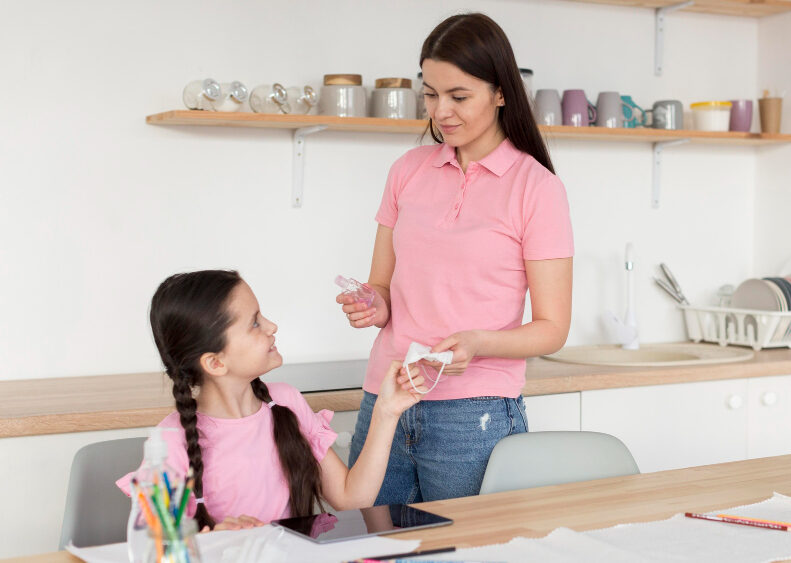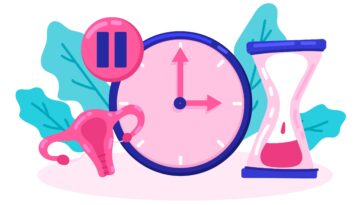Period Cycle
Absolutely, guiding adolescents and teens through the developmental stage of puberty, especially when they are expecting their first period, can be a significant and sometimes challenging experience for both parents and children. It’s important to approach this period with sensitivity, openness, and support. Here are some tips for parents.

Discuss the various menstrual hygiene products available and help your daughter choose the right and hygienic sanitary pads or tampons that she’s comfortable with.
Choose Hamii Kares Sanitary pads that make our daughter 100 % comfortable with no period feel or fear during mensuration. Provide guidance on the safe use and proper and responsible disposal of pads at different places.
If your child is struggling emotionally or physically with the changes, consider seeking advice from a healthcare professional or a counselor who specializes in adolescent development.
Be prepared to answer common questions your child might have about periods, using age-appropriate language.
Address concerns related to the onset, duration, appearance, and volume of menstrual flow.
By initiating open and honest conversations, you not only support your child’s physical well-being but also contribute to her emotional and psychological resilience during this transformative stage of adolescence.
Most teens do not have any problems with their periods, but call your doctor if your child:
Is 15 years old and has not started their period.
Started developing breasts more than three years ago and does not have a period.
Is more than two years after their first period, and their periods still do not come every three to six weeks (especially if they miss three or more periods in a row).
Has severe cramps not relieved by ibuprofen (Advil or Motrin).
Has very heavy bleeding (bleeding that goes through a pad or tampon faster than every two hours).
Has severe PMS (Premenstrual Syndrome) that gets in the way of their everyday activities, including school.



 No products in the cart.
No products in the cart.